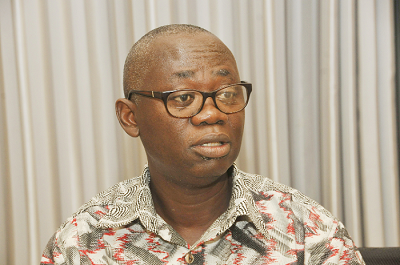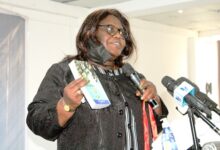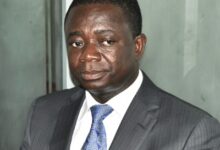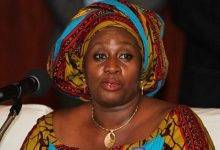
Dr (Mrs) Cecelia Tutu-Danquah, a counselling psychologist, has called for further sensitisation on the ban of corporal punishment in schools to enhance its enforcement.
“There is the need to develop a support system for schools and educate them on alternative ways to discipline students,” she said.
She said parents and teachers must guide the behaviour of children while ensuring a fair and consistent enforcement of rules both at home and in schools.
Dr Tutu-Danquah made the call at a lecture organised by the Ghana National Association of Certificated Counsellors (GNACC) in Accra, which also formed part of its Annual General Meeting (AGM).
The AGM lecture was on the theme, ‘Ban on corporal punishment: Implications for counselling practice.’
Dr Tutu-Danquah, also the Chairman of the GNACC, suggested intensive guidance and counselling services to promote self-discipline among students.
“We need to set up peer counselling clubs in various schools, engage the school’s Students Representative Council in creating awareness, and students must be taught to be responsible for their acts.”
Dr Peter Worlanyo Abomah, the Senior Lecturer at the Methodist University, suggested that children, after a certain age, must be involved in making decisions that affect their interests.
He said both parents and teachers should make use of positive reinforcers to guide the behaviour of children while ensuring a fair and consistent enforcement of rules both at home and in schools.
Dr Abomah said corporal punishment might lead to lower self-esteem and might convey to the recipient the idea that physical aggression was permissible and perhaps desirable.
“Schools have been tasked to stop corporal punishment so will the home also stop corporal punishment to complement the role of the school,” he asked, and said that was where the role of the counsellor became paramount.GNA







